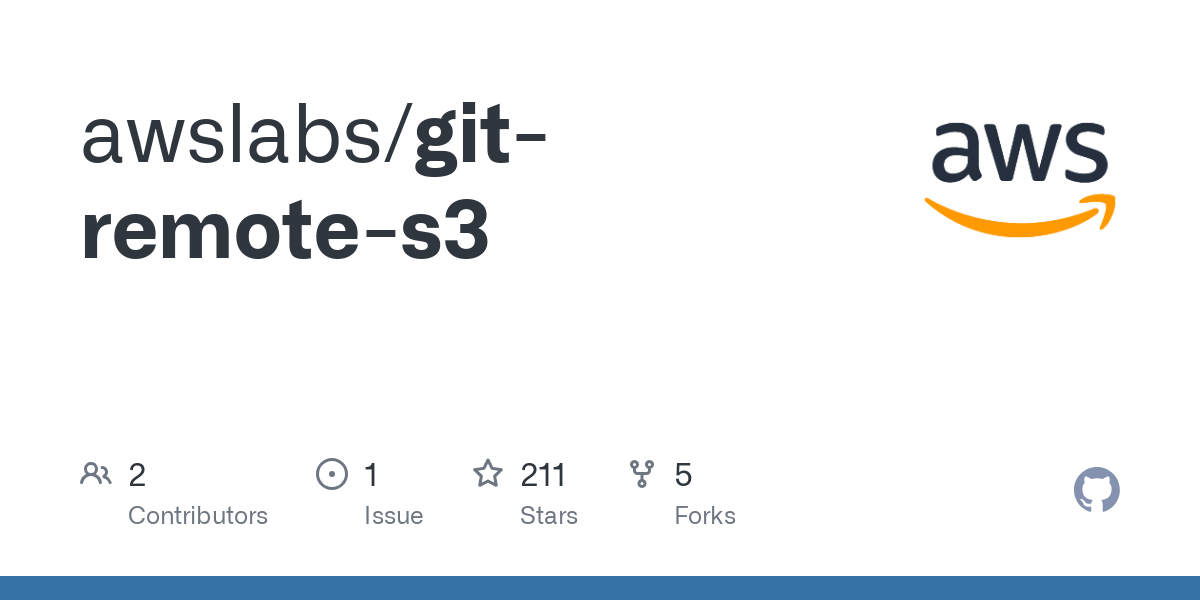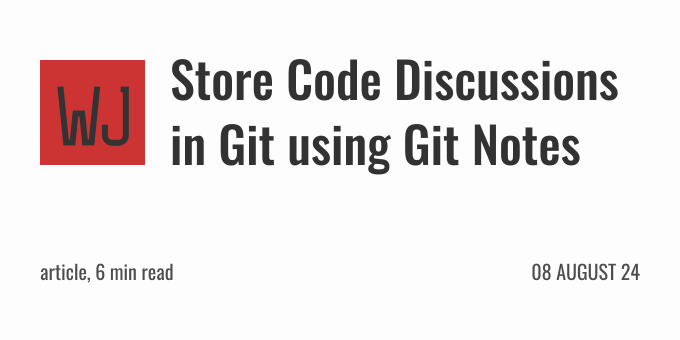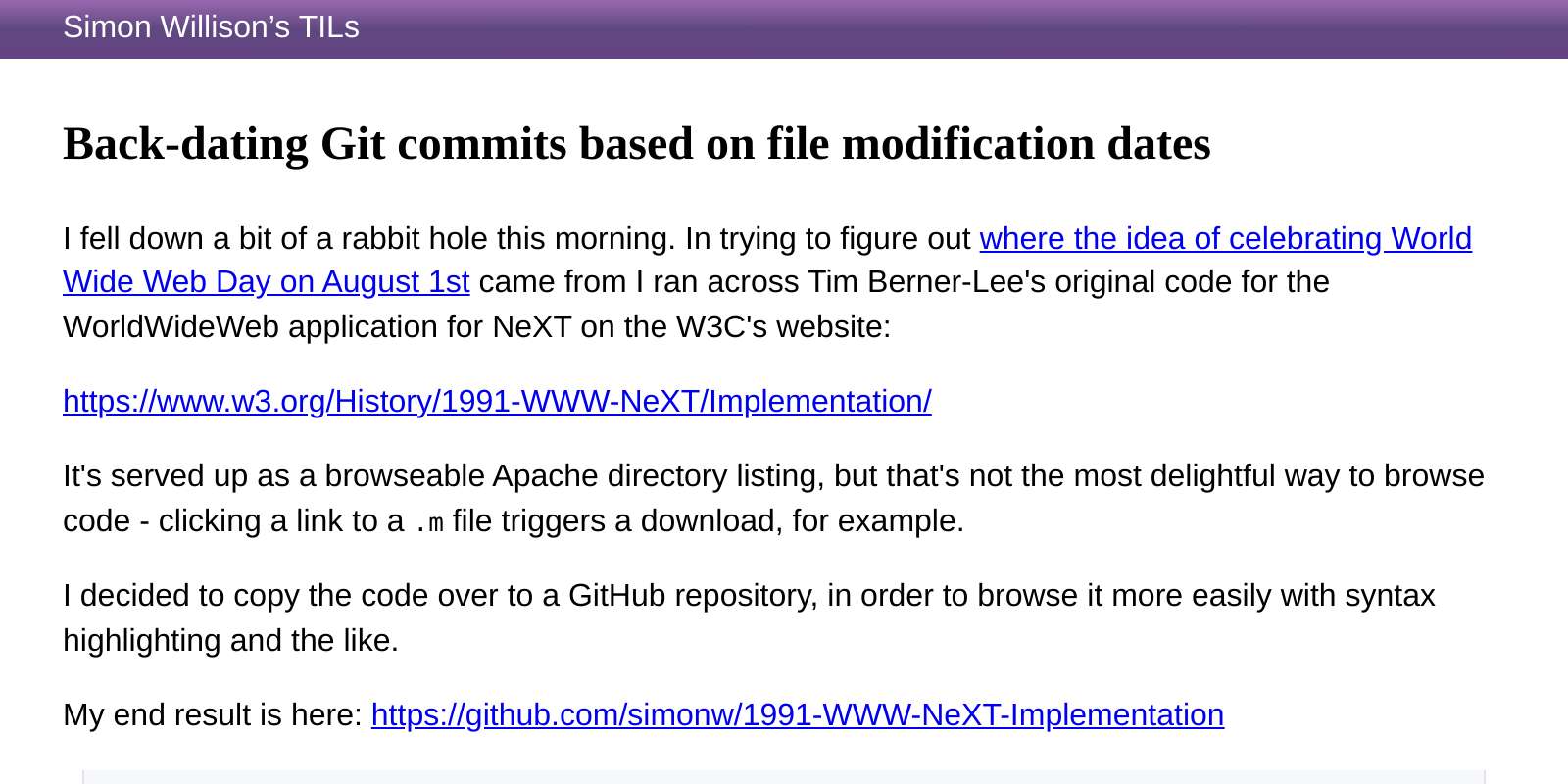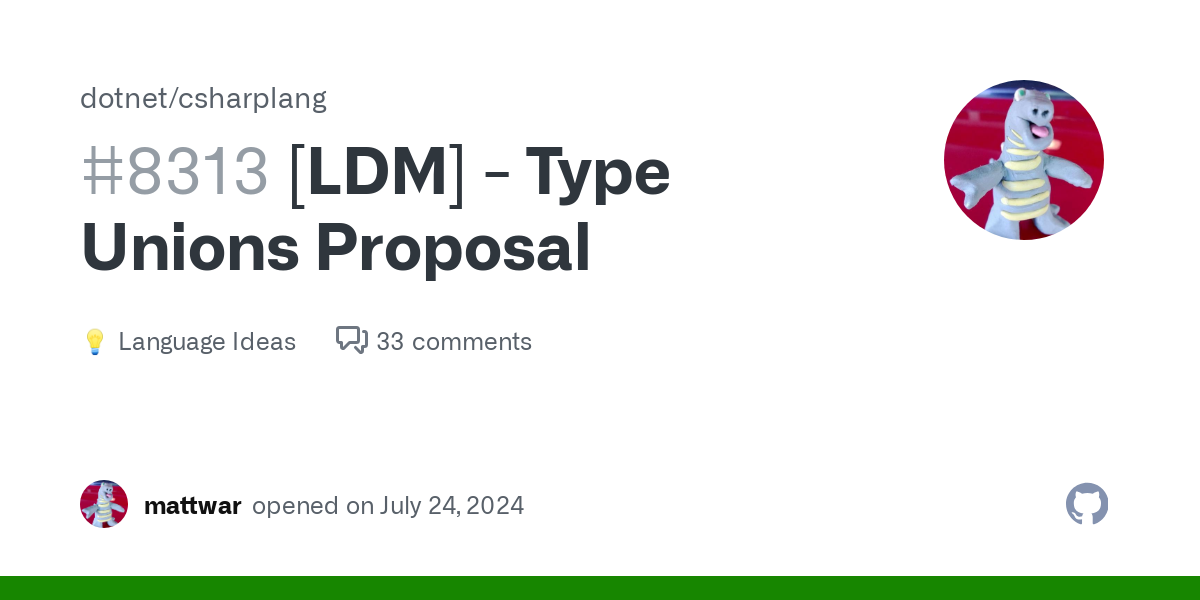Mastodon: @canpolat@hachyderm.io
- 295 Posts
- 201 Comments

 141·3 months ago
141·3 months agoDon’t they already have the names Leap and Tumbleweed? Changing the name to Leap would make sense since it’s the name of the “official LTS” version. At this point it sounds like “openSUSE” is the name of the project and not the distro. But I haven’t been following them closely, so perhaps I’m wrong.

 10·5 months ago
10·5 months agoNot sure but that sounds like you have a problem with your Git installation (or a dependency of Git). Maybe a reinstallation can solve that.

 3·5 months ago
3·5 months agoI understand the “why would I pay for this” reaction. I think crowdsourcing is a better approach for these kinds of content. Once you reach certain level of financial commitment from the crowd, you can give away the PDF and sell the print copy.

 26·5 months ago
26·5 months agogit branches are just homeomorphic endofunctors mapping submanifolds of a Hilbert space
Yeah, once you realize that everything falls into place.

 11·6 months ago
11·6 months agoThe shape of that bottle is creepier than the text.

 16·6 months ago
16·6 months agoI believe you can replace
startwith the command that is suitable for your system (e.g.,xdg-openfor linux).

 0·7 months ago
0·7 months agoThat’s an unnecessarily strong reaction. Money clearly matters for some things. But that’s not all that matters. There are many people releasing FOSS without any financial expectations. Clearly, money doesn’t matter to those people on that context. Trying to argue that “money should matter also for those people on that context” doesn’t make too much sense to me. Nobody is forcing anybody to release FOSS.

 0·7 months ago
0·7 months agoSorry, I don’t follow your reasoning. Why would a company not making money be a relevant problem for the advocates of FOSS? FOSS is about freedom. It never had an opinion about money. Money has always been irrelevant. Some people may not like it, and they are free to not use non-free licenses. And FOSS advocates will warn users about that (as they did in the past). FOSS doesn’t have an obligation to offer a solution to every problem in the software industry.

 0·7 months ago
0·7 months agoI don’t think that is relevant from author’s (and OSI’s) point of view.

 0·7 months ago
0·7 months agoHere is my understanding of author’s position: Stay away from companies like Redis and ElasticSearch. They are building software with a proprietary mindset (the fact that they have tight control over product strategy and development demonstrates this) only to realize that they are being devoured by bigger fish. It’s a business model problem, not an open source problem.

 44·7 months ago
44·7 months agoHere is the link to the original website (an NGO that monitors blocked websites in Turkey): https://ifade.org.tr/engelliweb/distrowatch-erisime-engelledi/
And here is the Google translation of the text on that page:
The IP address of the DistroWatch platform, which provides news, reviews, rankings and general information about Linux distributions, was blocked by the National Cyber Incident Response Center (USOM) on the grounds of “IP hosting/spreading malware”.

 3·8 months ago
3·8 months agoI think you are highlighting an important point that are missed by other commenters emphasizing the developer. I prefer GPL over MIT license. But this is a possible fallback if Redis decides to change its licensing (like several others did).
I think these kind of products have strategic significance for MS for their Azure offering. They are probably preparing to offer this there (in addition to and as an alternative to Redis). So, it makes sense for Microsoft to release this with an OSS license (otherwise no one will adopt it).

 3·8 months ago
3·8 months agoWhat
checkoutactually does. Here is a past comment with links to the courses (they are pay-walled, unfortunately)

 2·8 months ago
2·8 months agoI don’t think I read that one. I created a separate link-post for that one. Thanks.

 6·8 months ago
6·8 months agoMine happened when I watched Paolo Perrota’s Git courses on Pluralsight. That’s when it clicked for me.
I mainly develop in C#, and I agree that having to write so much boiler plate for type safety is really boring. C# is not perfect either (it doesn’t have discriminated unions, etc.) but at least it gives type safety out of the box.
However, in general, I think enums are widely misused. I see a lot of cases where they should have been classes with a factory, but ended up being enums with a lot of static functions and switch statements.

 4·9 months ago
4·9 months agoBecause it is about a not-very-well-known feature of the language. Why would it matter that it’s old? I don’t think I have ever seen this in use in production code.

 17·9 months ago
17·9 months agoWho is this particular developer
As far as I understand from the discussions about the topic, Maxim Dounin was one of the few core developers of nginx. Looks like Wikipedia has already been updated.

 4·9 months ago
4·9 months agoI suppose you are right. If AWS doesn’t support STS versions, these will be only applicable to Azure (I know nothing about GCP). It probably makes sense for AWS to stick to LTS versions (I would do the same). But isn’t that a choice made by AWS (rather than Microsoft).













I have the same problem on mobile Firefox on Android. I’m using the default frontend as well. This was not happening a week ago (or maybe 10 days). Started recently.